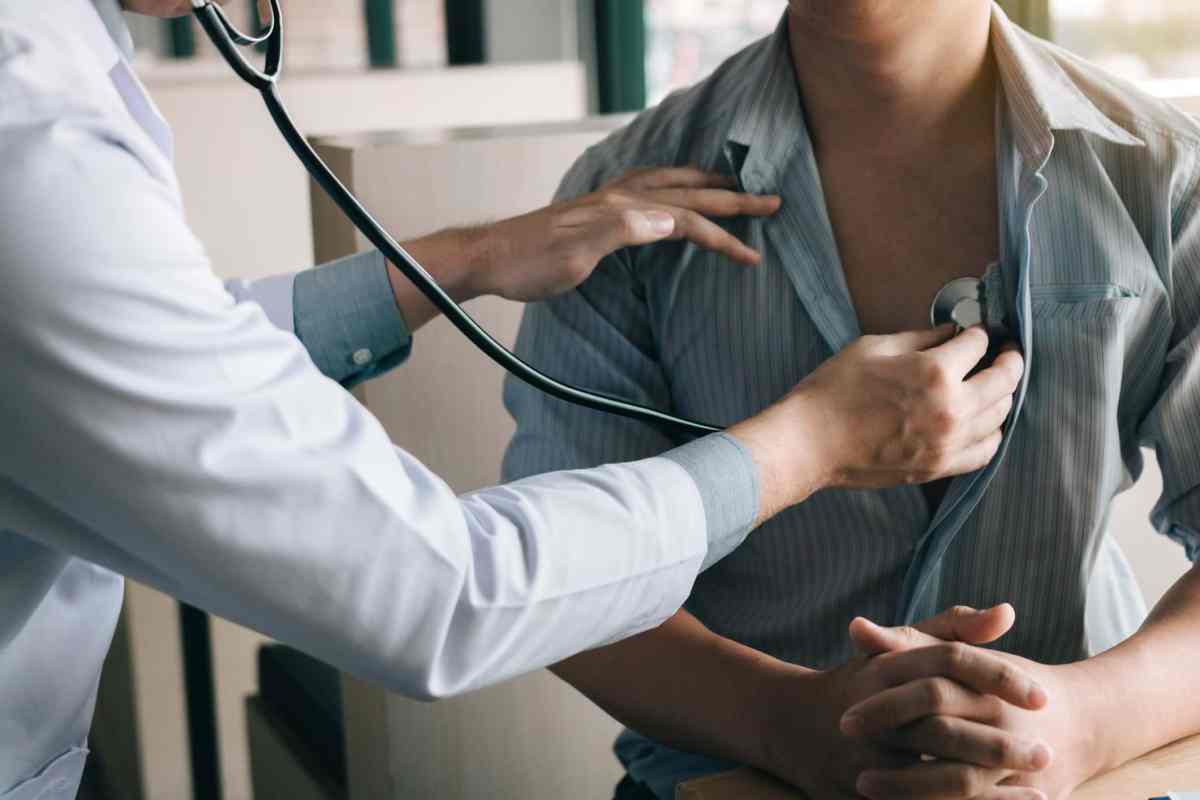Heart disease is the leading cause of death in the United States — a fact that heart health professionals say should not be overlooked in the pandemic.
Doctors on Long Island have been seeing exacerbated heart problems both in Covid-19 patients and those without the virus who have either delayed care in fear of going to the hospital or have increased their risk due to staying at home.
“The pandemic has lasted longer than any of us have anticipated,” says Dr. Pilar Stevens-Haynes, director of echocardiography at Mount Sinai South Nassau in Oceanside. “[But the other] diseases are out there, they’re still real.”
Eighty percent of heart disease is preventable, yet an estimated 655,000 Americans die of it each year, according to the U.S. Centers for Disease Control and Prevention (CDC). Heart problems can stem from poor nutrition, lack of physical activity, heightened stress, smoking or vaping, or family history.
Add a pandemic to the mix, and the risk for heart disease may have increased. There’s yet to be any data-driven evidence saying that heart disease increased in 2020, but anecdotally, doctors are worried this could be the case.
“I wholeheartedly believe it could have,” says Dr. Evelina Grayver, director of the Women’s Heart Programs at Katz Women’s Institute at Long Island Jewish Medical Center and the Sandra Atlas Bass Heart Hospital at North Shore University Hospital. “I think there will be tons of studies coming out to show the heart damage that has been caused.”
The possible uptick could be explained in two ways: delay in care and contracting Covid-19 itself, which sometimes causes heart issues, Grayver says.
“During the height of Covid, patients were very fearful of going into the hospital to tend to their needs,” she explains. “What we are seeing now is because of that fear, a lot of patients have delayed their cardiac care to the point where a lot of them have irreversible damage. Covid itself also causes underlying cardiac complications due to the inflammation within the heart muscle.”
Dr. Sherry Megalla, a noninvasive cardiologist at Mount Sinai South Nassau, notes that not all Covid-19 patients experience heart issues. When they do, many will get over them with time, especially younger patients. However, the pandemic and quarantining could increase a person’s risk if they’ve fallen into a lack of exercise or unhealthy diet.
“It’s probably increased all of our risk factors,” she says. “Because people are more sedentary, they start developing cardiac symptoms.”
Contrary to popular belief, heart disease does not always show in the body as chest pain, experts say, especially for women and the elderly. Symptoms can include chest discomfort, shortness of breath, fatigue, or heart palpitations.
Haynes also notes that the body will suddenly feel exerted if a heart problem is present. A patient may go to do a normal task, such as grabbing a remote, and suddenly feel out of breath. Those who exercise may not be able to complete the same routines if they’re developing a heart problem.
“When we’re trying to figure out if it’s related to the heart or something else, the biggest symptom is that it’s exertional,” she says. “For us, the main point is, it’s not just chest pain that you see on TV. It can be shortness of breath, or even fatigue.”
To prevent heart problems, Grayver recommends getting in at least 150 minutes of cardio exercise per week. She also suggests that people be aware of their blood pressure and cholesterol levels, which can be signs of heart issues if they are not where they should be. Also, manage stress.
“Stress is a huge risk factor,” she says. “They don’t say stress is a silent killer for nothing. It causes a significant inflammatory response, can impact our heart significantly, and cause progression of blocks in arteries.”
Finally, the doctors urge those experiencing any symptoms to seek medical care, whether in person or via telehealth.
“Routine testing should be done,” Stevens-Haynes says. “Doctors’ offices and hospitals are very safe. I don’t want people to think it’s a risk to come to the hospital — we continue to [provide care to non-Covid-19 patients] without issue.
































